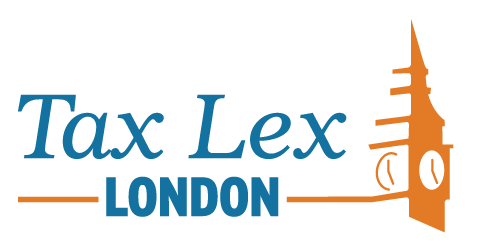Base rate rises again – what it means for business
The cost-of-living crisis is taking its toll across all areas of our lives now. While inflation has fallen very slightly this month to 8.7%, food prices remain stubbornly high, and the Bank of England (BoE) is expected to continue with its base rate rises until later this year.
The last rate rise in early May took the base rate to 4.5%, but analysts predict that the BoE could still push forwards with additional rate rises in the coming months and expect the base rate to hit 5% by the end of the year.
What is happening to business borrowing?
Rising base rates impact all types of borrowing – with mortgage borrowers on variable or tracker rate mortgages hit first as lenders are quick to pass these rises on. But businesses are affected too in a variety of ways, because it is also more expensive for them to buy goods and services to keep the business going. Many of these costs would ordinarily need to be passed onto consumers. But as they are already struggling with rising energy bills and mortgages, among other things, the amount that can be passed on without losing customers altogether is minimal.
So, businesses are being squeezed in the middle of these rising costs and many are taking out business loans to cover their outgoings in the short, and sometimes even longer term. The latest official figures from the BoE show that net business borrowing by UK non-financial businesses in March was £2.5 billion in bank and building society loans, including overdrafts.
Large non-financial businesses borrowed £3.2 billion net in March, while small and medium non-financial businesses actually repaid a net of £0.7 billion in March.
This compares with £4.5 billion, £3.7 billion and £0.6 billion of net repayments respectively in February. Borrowing by large businesses rose from 3.1% in February to 3.3% in March, while it fell by 4% in March for SMEs.
Interest rates on business loans have fallen back very slightly, but they are still much higher than they were in December 2021 when the BoE rate rises began. The average cost of new borrowing from banks for non-financial businesses was 5.76% in March, well above the 2.03% average back in December 2021.
For SMEs specifically, the average rate was even higher at 6.36% in March, when in December 2021 it was just 2.51%. But remember, the BoE base rate has risen twice since these figures were collated, so the likelihood is these loans will be even more expensive now.
Reassessing your business needs
These increases in borrowing and the reduction in spending by consumers will put additional pressure on many businesses, prompting them to run leaner and cut costs wherever possible and sensible to do so.
For example, if you hold a lot of stock within your business, you may want to free up some of your cash by either sending that stock back, if it is on sale or return, or putting it into a sale. Your profit margins on that stock may be reduced, but that freed-up cash can be used to plug potential holes elsewhere in the balance sheet.
You may also need to consider reducing staff numbers if you are not as busy as usual. But be careful about doing this because if your service standards reduce, it could drive customers away. Customers are the lifeblood of any business, so prioritise them no matter what is going on in the background.
Get advice on business borrowing
However, if you have cut your costs to the bone and made as many changes to your business as you dare, you may still need to raise funds to get you through a rough patch. You can do this in a variety of ways:
- Borrowing directly from your bank
- Raising money through a fundraiser from investors
- Remortgaging a property you own
The way you choose could depend on how quickly you need the money and what options are available to you. Borrowing directly from your bank would be the simplest and fastest option if your bank is prepared to lend to you. Speak to your accountant to find out what amount you would realistically need to get you through your difficulties based on your income and outgoings.
You don’t want to ask for too little because you will need to raise money again too soon. But you also don’t want too much because you will be paying interest on money you don’t really need.
Raising money from investors can be a good way to get additional investment but will involve parting with a proportion of your business in most cases. This is something to think about carefully, especially if it would involve losing the controlling stake in your business.
Remortgaging a property you own should be a last resort, especially if it is your home. The danger is that if your business ultimately goes under, you could lose your livelihood and your home at the same time. The ultimate double whammy. If things are so bad that the company might fail without remortgaging your home, then think seriously about whether letting the business fail is the best option, no matter how hard that decision might be.
Contact us
There are many ways to reduce the overheads in your business or to increase the amount of money you have available to boost cashflow, buy machinery or stock, or to hire new employees. If you need to achieve any of these things or want to find out if there is a better way to manage the cashflow in your business, we are here to help. Please just get in touch with us and we will support you.
